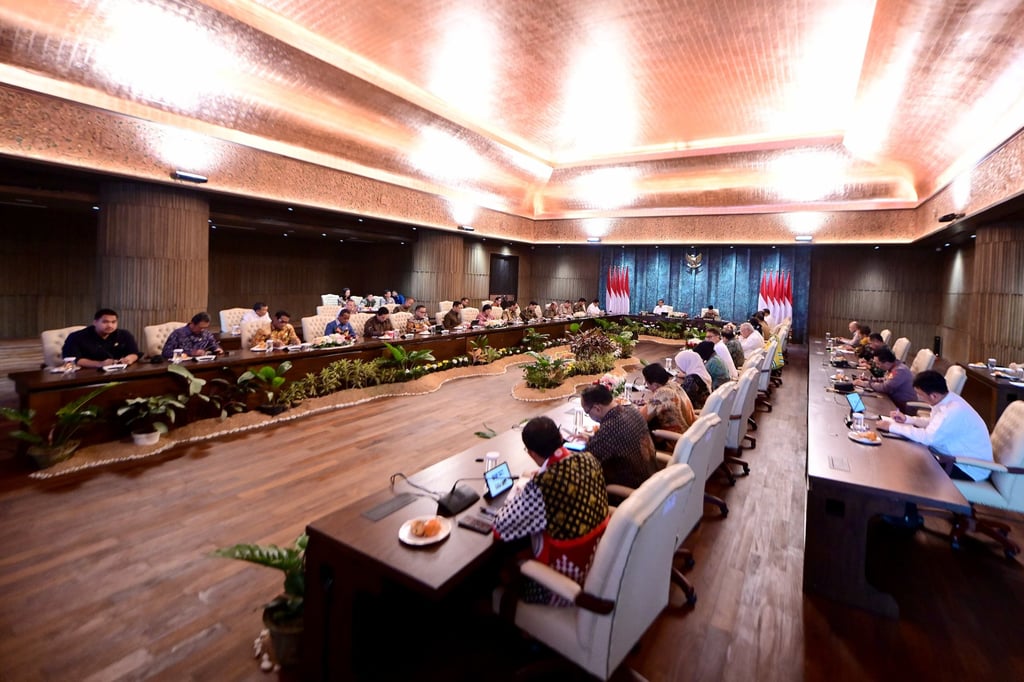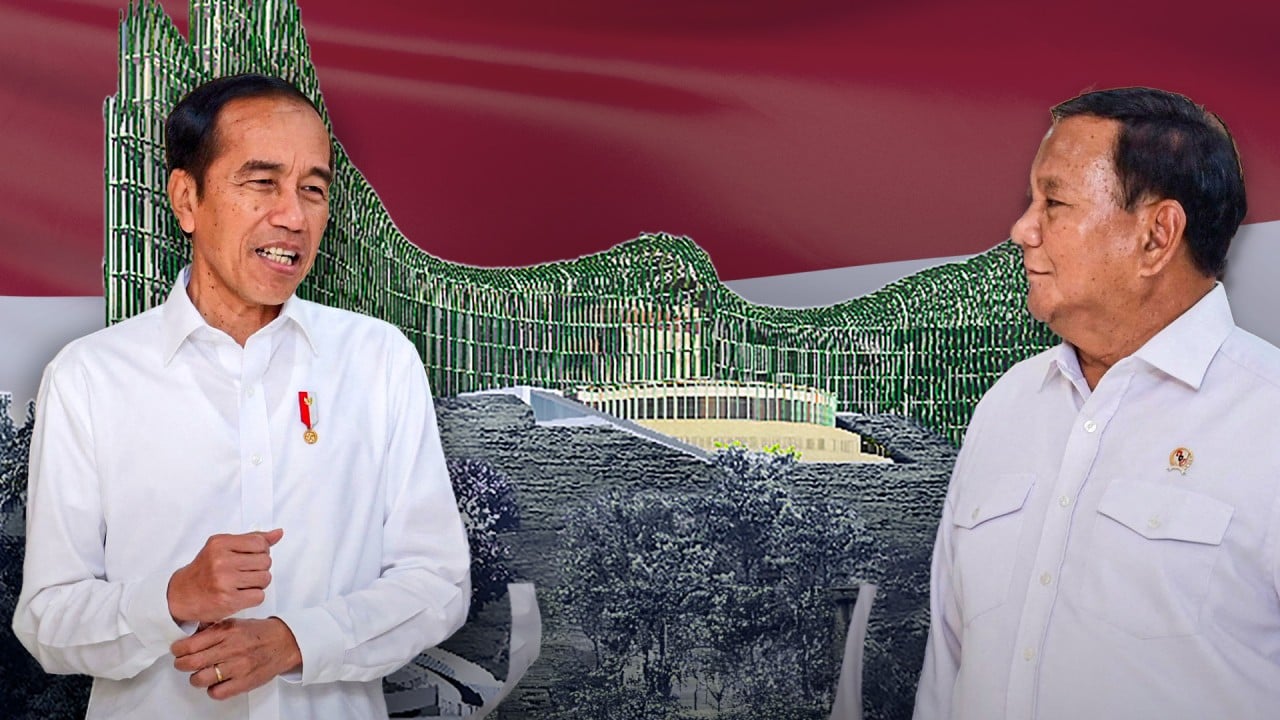“Not all countries have the opportunity, have the ability to build their capital starting from zero,” he said.

According to Jokowi, the city is “being built with the concept of a forest city, a jungle city, a city full of green” in eastern Borneo island.
But environmentalists have warned the rapid development of the new capital will hasten deforestation in one of the world’s largest stretches of tropical rainforest.
Prabowo pledged to continue the capital-to-be once he takes office in October, removing any doubt over his willingness to carry out Jokowi’s legacy project.
Jokowi resurrected the long-shelved plan to relocate the capital soon after taking office in 2019 after experts warned Jakarta – the megacity of 12 million people – was sinking.
An official decree on moving the capital from Jakarta could be delayed until after Prabowo takes office, however.
“I have said many times that I am determined to continue, if possible, to complete the project,” said Prabowo.
“I believe in three, four, five years, the capital city can function.”
Ground broke on several projects on Monday, including the vice presidential palace and several private buildings.
But Nusantara has struggled to attract crucial foreign investment.
Jakarta will fund 20 per cent of Nusantara and hopes to secure 100 trillion rupiah (US$6.13 billion) in private investment by the end of 2024.
But as of Monday, Jokowi said it had received only 56.2 trillion rupiah.
The government aims to have 1.9 million people living in Nusantara by 2045.


